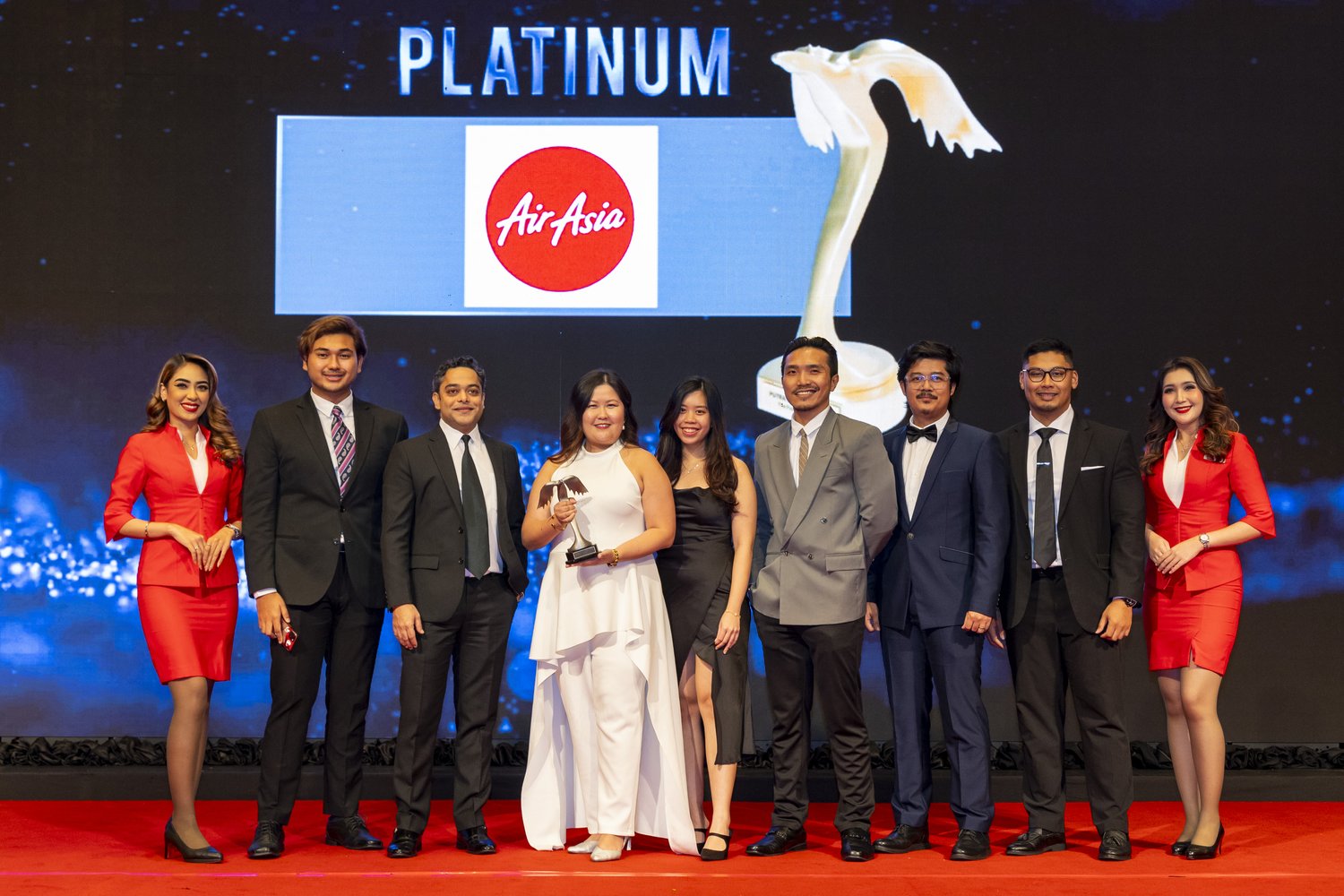Search Blog
Hit enter to search or ESC to close
Trending Now
AirAsia wins Platinum in travel category at Putra Brands Awards
- Get link
- X
- Other Apps
Touch ‘n Go Wins Super Aspiring Brand Award in the Lifestyle Category at the Shopee Super Awards 2023
- Get link
- X
- Other Apps
Brandon Chua
- Get link
- X
- Other Apps
Reading Time
Labels
Women from media and policymaking share their insights on preventing racism and misogyny in our digital spaces.
While issues of racism and sexism have globally become a part of mainstream discourse, with improvements on both fronts, Malaysia still has a way to go in addressing ethnic and gender-based discrimination.
To this end, the Communications and Multimedia Content Forum of Malaysia (Content Forum) recently hosted a panel session titled “Let’s Talk Content: Battling Racists and Sexists, The Wows and Woes”, in conjunction with the International Day for the Elimination of Racial Discrimination marked on 21 March. The discussion touched on the realities of racism and misogyny in the media industry, how marginalised voices are silenced even further online, and what can be done to combat hate speech.
The panel comprised professionals within the media and policymaking space: Kudsia Kahar, Co-Founder and Managing Director, METAMORFOSA, and former President of Commercial Radio Malaysia; Tehmina Kaoosji, Gender Equality Activist and Journalist; and Tashny Sukumaran, Senior Analyst, Institute of Strategic and International Studies (ISIS).
The conversation kicked off with the panellists sharing their experiences of being on the receiving end of discrimination, from being undermined professionally for how they look to outright assault. Tashny said this was particularly the case for women working in fields that hold sway over decision-making and discourse, such as the media and public policy. She added that the discrimination cuts across gender and racial lines, leaving women open to attack on both fronts.
Kudsia, meanwhile, pointed out how women themselves may be reluctant to stand up against sexism. “When it comes to facing sexism, not all your female colleagues are going to be your allies,” she said, when describing her assault by a cameraman during her internship days and she proceeded to lodge a complaint. “Because there were some of my fellow (female) interns who said, ‘why do you have to make life difficult for us?’. But you learn to rise above it, you learn to succeed in spite of it.”
Combatting digital hate
Unsurprisingly, real-life discrimination can easily spill over into digital spaces as well — all three panellists said they had faced much more gender-based criticism for voicing their opinions online than their male counterparts. While acknowledging how younger people have become braver in calling out sexism and racism online, Tehmina said they too experience significant pushback.
“When it comes to us in Malaysia, every single day when you open up whatever platform you’re on, the reason why you’re hit with this avalanche is because of our extremely high internet penetration rates — but that is combined with an utter lack of digital literacy,” Tehmina added.
Stressing the need for greater accountability, Kudsia said some people are comfortable directing threats against women online because they feel there are no consequences for doing so. She added that the anonymity of social media meant that a single individual can create multiple accounts for the sole purpose of propagating hate speech.
On top of that, Tashny shared her initial findings from a pilot study carried out by ISIS on online hate speech and gender-based violence in Malaysia. Over 60% of the women surveyed said they had been cyberstalked or had cyberharassment directed at them. 33% received hate speech that included having their faces photoshopped on naked bodies. More worryingly, almost 87% of women said they had no or little trust in existing channels for reporting hate speech or harassment.
Accountability and self-regulation as solutions
Kudsia stressed that there needs to be more mechanisms to ensure that those promoting hate speech are held accountable for their actions. This includes putting more pressure on policymakers, as well as addressing the current gaps in the law.
She added that media players should also examine their own roles in amplifying racist or misogynist views. “On radio, we still have topics like, who are the worst drivers, men or women,” said Kudsia. “Being populist with ‘light’ content like this can be damaging. It’s not about stifling creativity — do you really have to be racist and sexist to be funny?”.
Tehmina agreed with this, adding that media outlets should refrain from using graphic imagery and sensational headlines for the sake of virality. “Until we stop chasing viral clicks and eyeballs, it’s not going to change. But more and more people have developed the language to call this out,” she said.
Executive Director of the Content Forum Mediha Mahmood said open discussions were vital in finding solutions that address the harm caused by online hate speech and harassment. “It takes ongoing effort to tackle sexism and racism in our digital spaces, and silence is certainly not going to solve the problem. By keeping these conversations alive, we hope to not only raise awareness, but also engage more people to make a positive change,” she said.
With its “Let’s Talk Content” series, the Content Forum has been actively platforming important conversations around the experiences of marginalised groups in the online space, including women. These dialogues align with the revamped Content Code 2022, a set of ethical guidelines for content creators and consumers, which discourages inflammatory speech and the exploitation of women when it comes to content creation.
You May Also Like
Affordable, Simple, and Accessible: DearTime Launches as Malaysia’s First Life Insurer in the BNM Sandbox
- Get link
- X
- Other Apps
Onboarding Suppliers to Accelerate Responsible Supply Chain Management
- Get link
- X
- Other Apps










